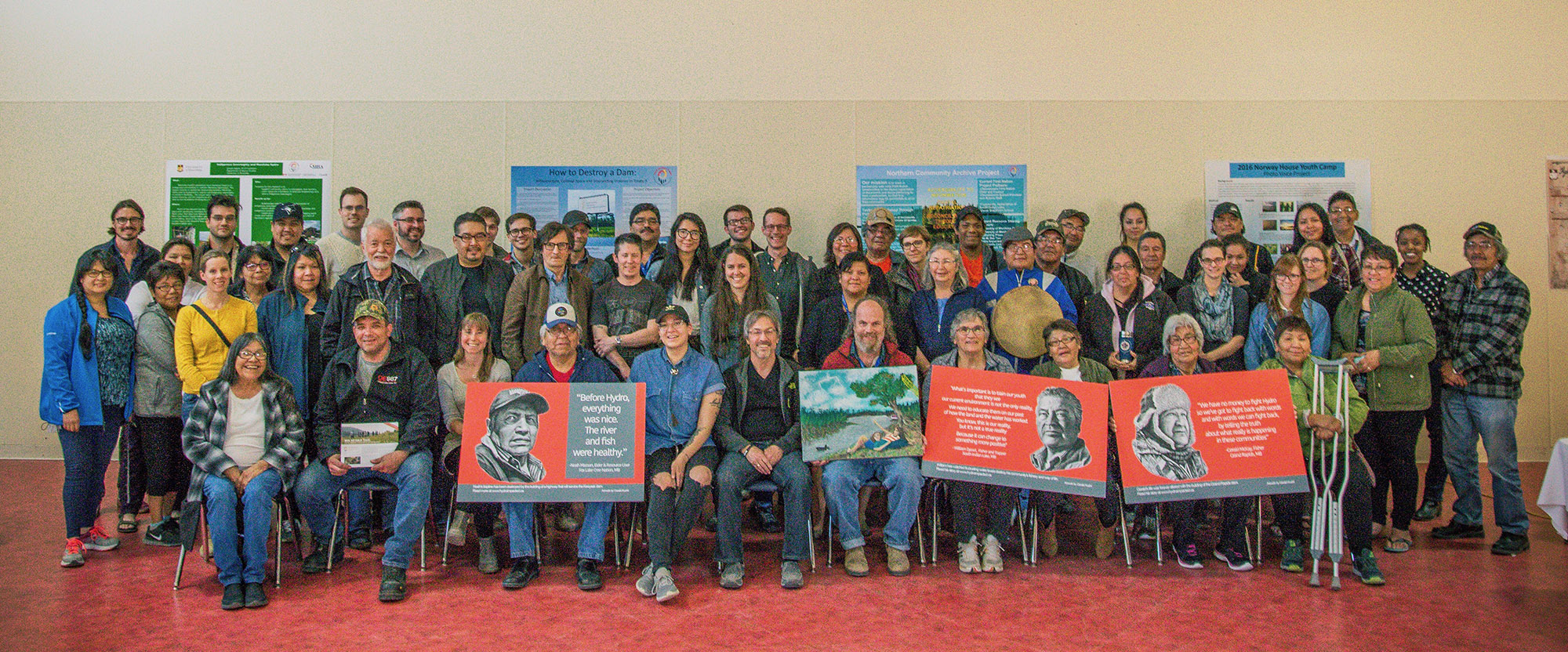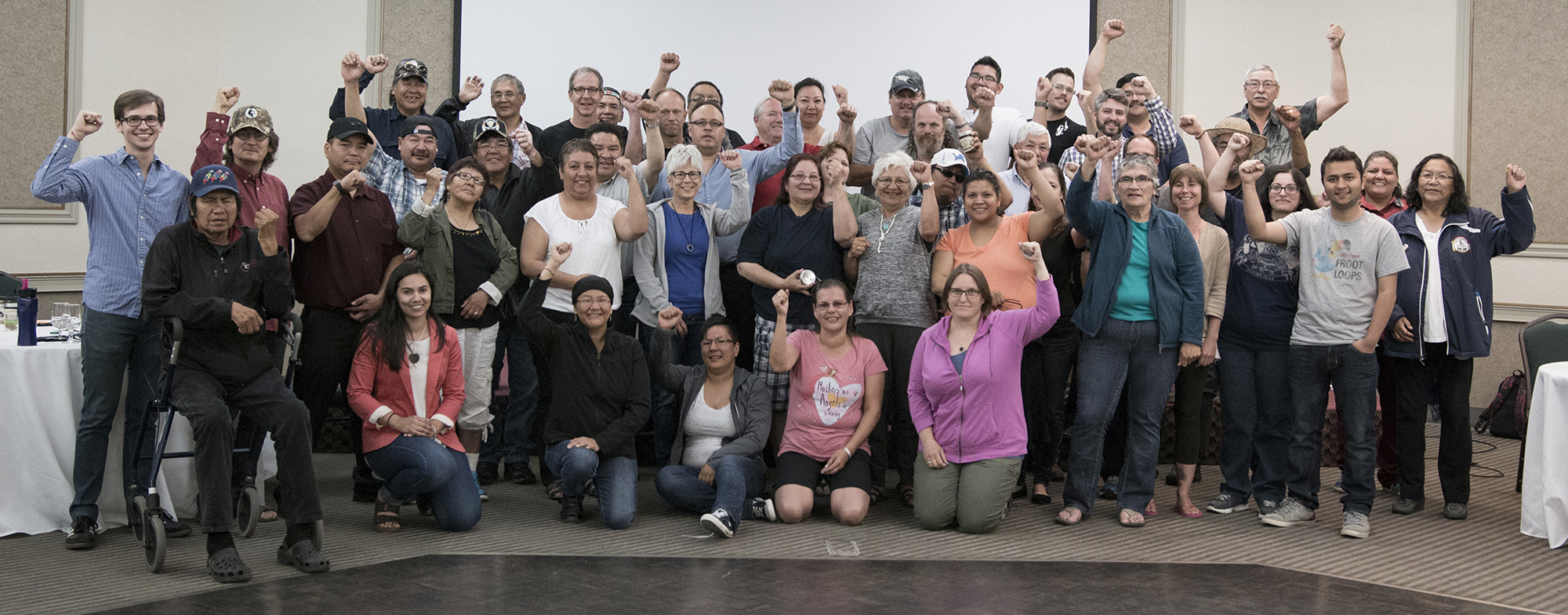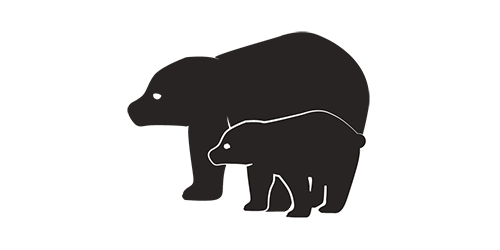
Wa Ni Ska Tan is funded by the Social Sciences and Humanities Research Council (SSHRC), which is one of three Canadian Government research funding agencies often referred to as the Tri-Agency. We are based out of the Environmental Conservation Lab in the Clayton H. Riddell Faculty of Environment, Earth, and Resources at the University of Manitoba.
Wa Ni Ska Tan Alliance of Hydro-Impacted Communities is a community-academic research partnership that emerged out of the priorities voiced by hydro-impacted Indigenous communities. We are an Indigenous-led organization governed by a Steering Committee made up of impacted communities, university researchers, and NGOs. Members of Wa Ni Ska Tan include researchers, academics, hydro-impacted community members, concerned citizens, and members of the NGO community in Manitoba. Some of our members are also Treaty rights holders with constitutionally-affirmed and protected rights.
Since we began in 2015 we have been documenting and critically evaluating the impacts of hydropower on First Nation communities, land, water, and livelihoods with the goal of increasing awareness of the impacts of hydroelectric projects among the general public and fostering social/environmental change.
All of our work is in close collaboration with impacted communities. Most of the work is focused in Manitoba but we also work with communities across communities and in other parts of the world. This work focuses on five main dimensions: research, community projects, education, public outreach, and advocacy.
Wa Ni Ska Tan emerged out of three meetings and two tours of hydro-affected communities in northern Manitoba. The Alliance is shaped by the priorities of hydro-impacted Indigenous communities. Principles underlying Wa Ni Ska Tan centre on transparency, accountability, cross-cultural sensitivity, mutual respect, and consensus in decision-making.
The research themes, core activities, and key outcomes of Wa Ni Ska Tan emerged from small group discussions at two gatherings, held in Thompson, December 2014, and Opaskwayak Cree Nation, June 2015. These are as follows:
The above priorities are based on the priorities voiced by the hydro-impacted Indigenous communities. Wa Ni Ska Tan is comprised of representatives from twenty-four (24) Cree (Ininew/Inniniwak), Anishinaabe, and Métis nations; twenty-two (22) researchers; Fourteen (14) social justice and environmental NGOs. It also incorporates nine (9) universities from Canada and the United States. As well as multiple levels of government entities.
Find Wa Ni Ska Tan’s SSHRC Partnership Grant Application here.


Cross-cultural exchanges and intergenerational land-based education led by community members to demonstrate the multitude of impacts, and responses to hydro development.

Bringing together communities and building networks. Creating lines of communications that are rarely supported, so that community leaders can participate in public decision-making and lisencing processes.

Indigenous-led research and community projects supported by students, researchers and partners. Prioritizing Indigenous data sovereignty and following the principles of OCAP.

Reflecting and exploring how the trauma of the residential-school experiences interacts with and is aggravated by trauma related to hydropower. Focusing on communicating the truth of hydropower and its impacts.

Meaningful engagement with hydro-impacted communities through video documentation and Indigenous-led inquiry. Identifying historical and on-going hydro-related impacts and place-based solutions.